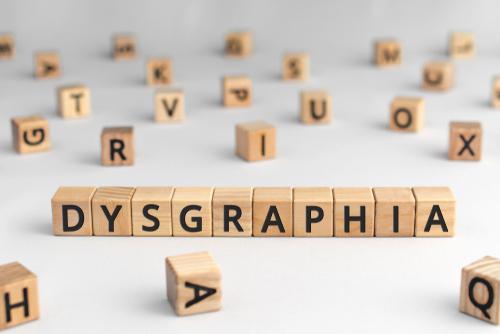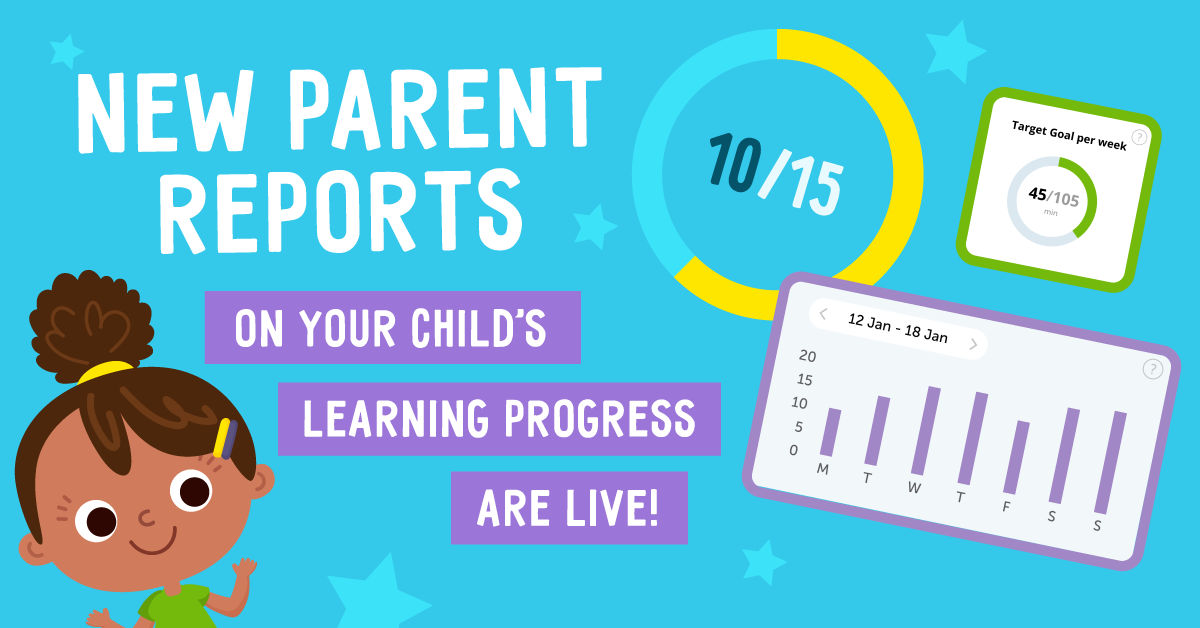Logic development Worksheets for Ages 5-6
3 filtered results
-
From - To
Unlock your child's potential with our engaging Logic Development Worksheets designed specifically for ages 5-6! These worksheets provide fun and interactive activities that enhance critical thinking and problem-solving skills. Your little ones will explore patterns, sequences, and basic reasoning through colorful illustrations and age-appropriate challenges. Ideal for home or classroom use, these resources support early cognitive development while ensuring a playful learning experience. Watch as your child boosts their confidence and curiosity through stimulating worksheets that make logic learning exciting. Start nurturing your child’s thinking skills today and equip them for future academic success! Explore our collection now!
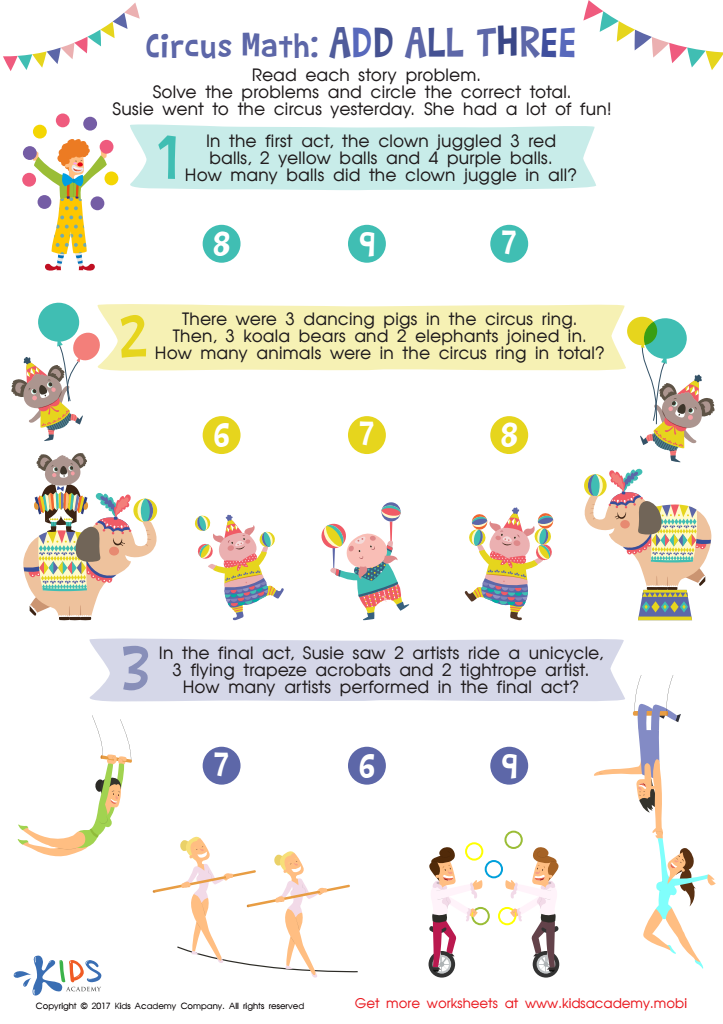

Circus Math Printable
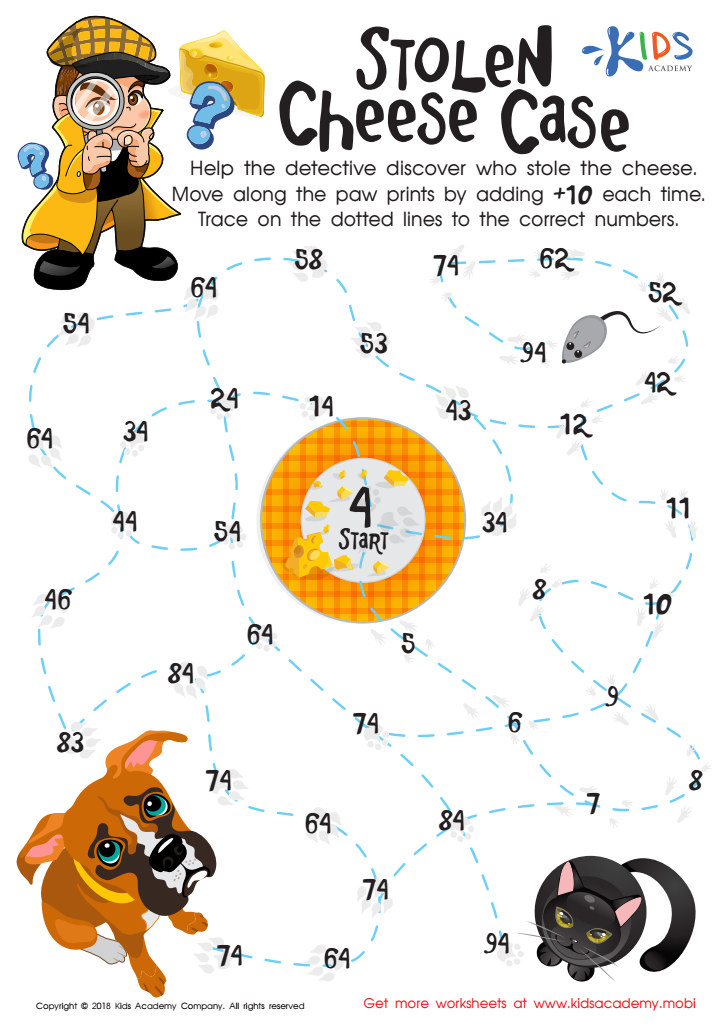

Stolen Cheese Case Maze Worksheet
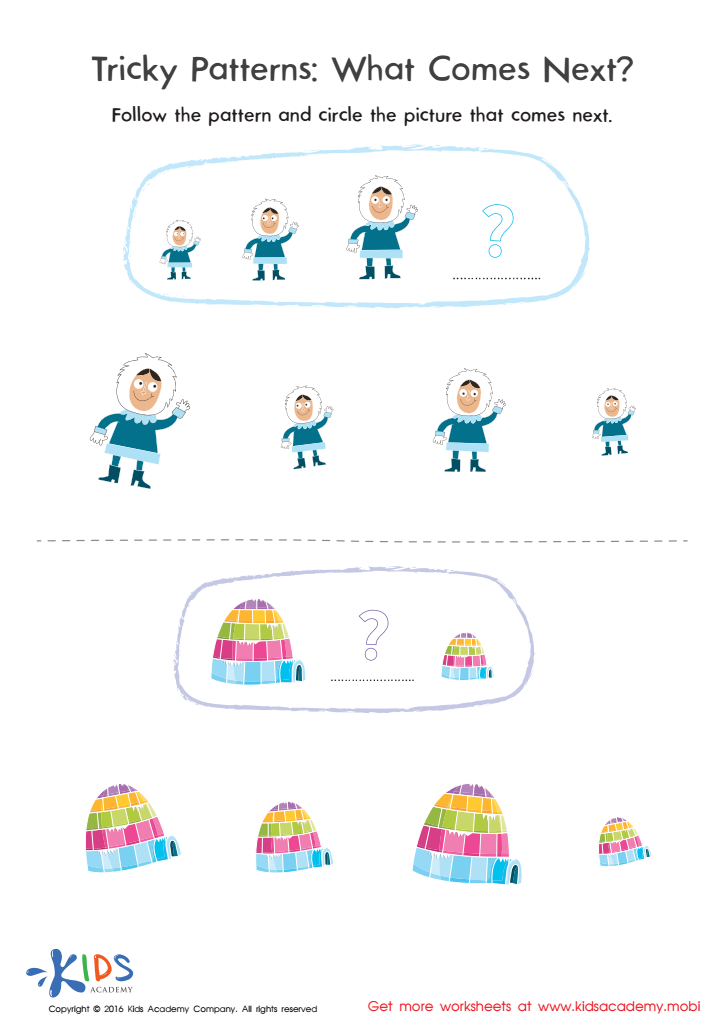

Tricky Patterns Size Worksheet
Logic development in young children, particularly ages 5-6, is crucial for their cognitive and emotional growth. At this age, children are beginning to think critically and make connections between cause and effect. Enhancing their logical reasoning skills empowers them to solve problems independently and make informed decisions. Parents and teachers play a pivotal role in fostering this development through engagement in activities that encourage questioning, exploration, and experimentation.
Building a strong foundation in logic helps children understand concepts in math, science, and language, enabling them to better grasp complex ideas in later years. For instance, through puzzles, games, and storytelling, children learn to identify patterns, sequence events, and draw inferences, all of which are essential for academic success.
Moreover, strategic engagement in logical play nurtures emotional intelligence. As children learn to navigate challenges, they develop resilience and patience. They also gain vital social skills as they collaborate with peers during group activities, honing their ability to empathize and communicate effectively.
In summary, supporting logic development in early childhood sets the stage for lifelong learning, academic achievement, and social competence, emphasizing the critical roles parents and teachers hold in this foundational aspect of development.
 Assign to My Students
Assign to My Students





